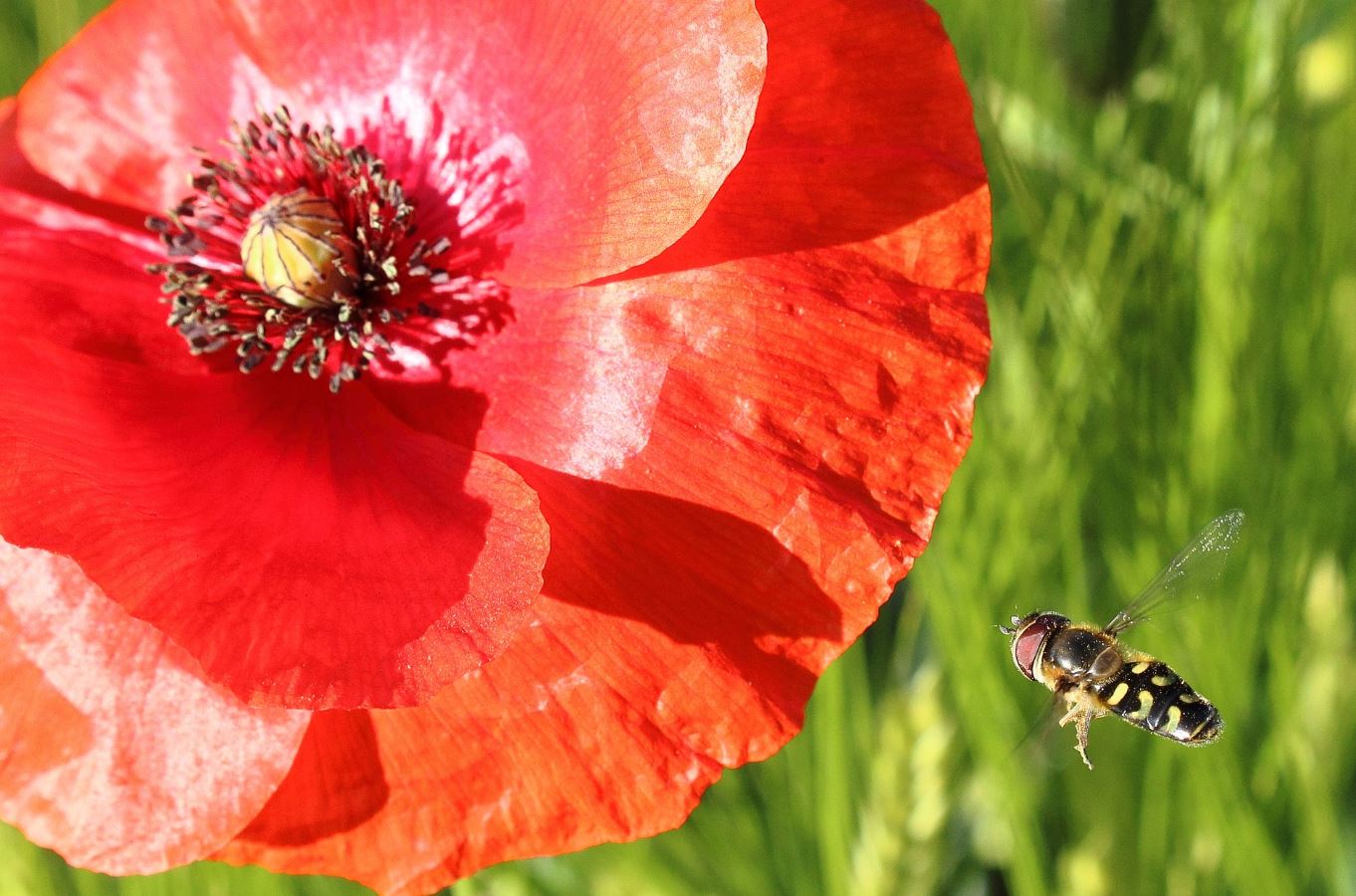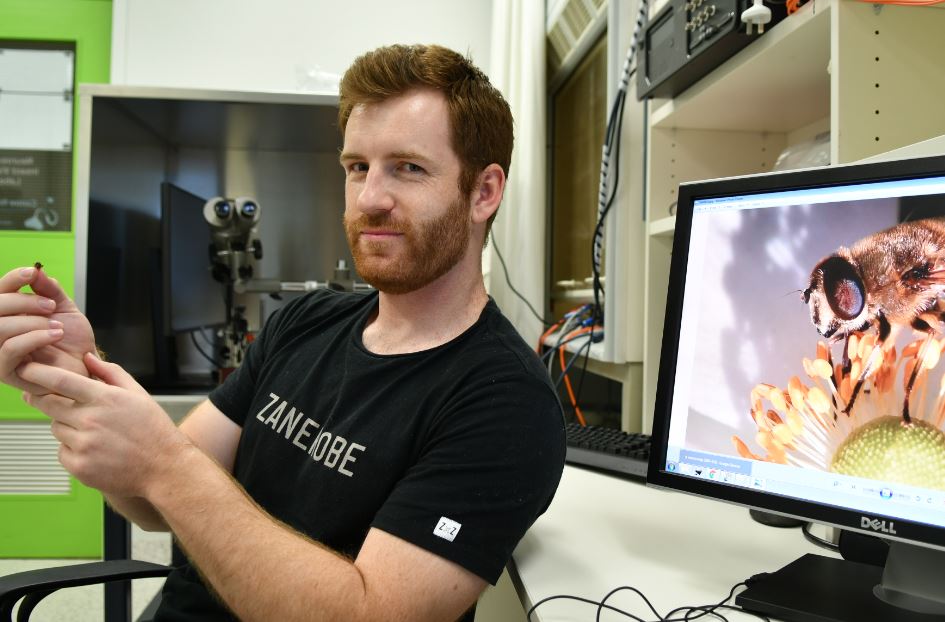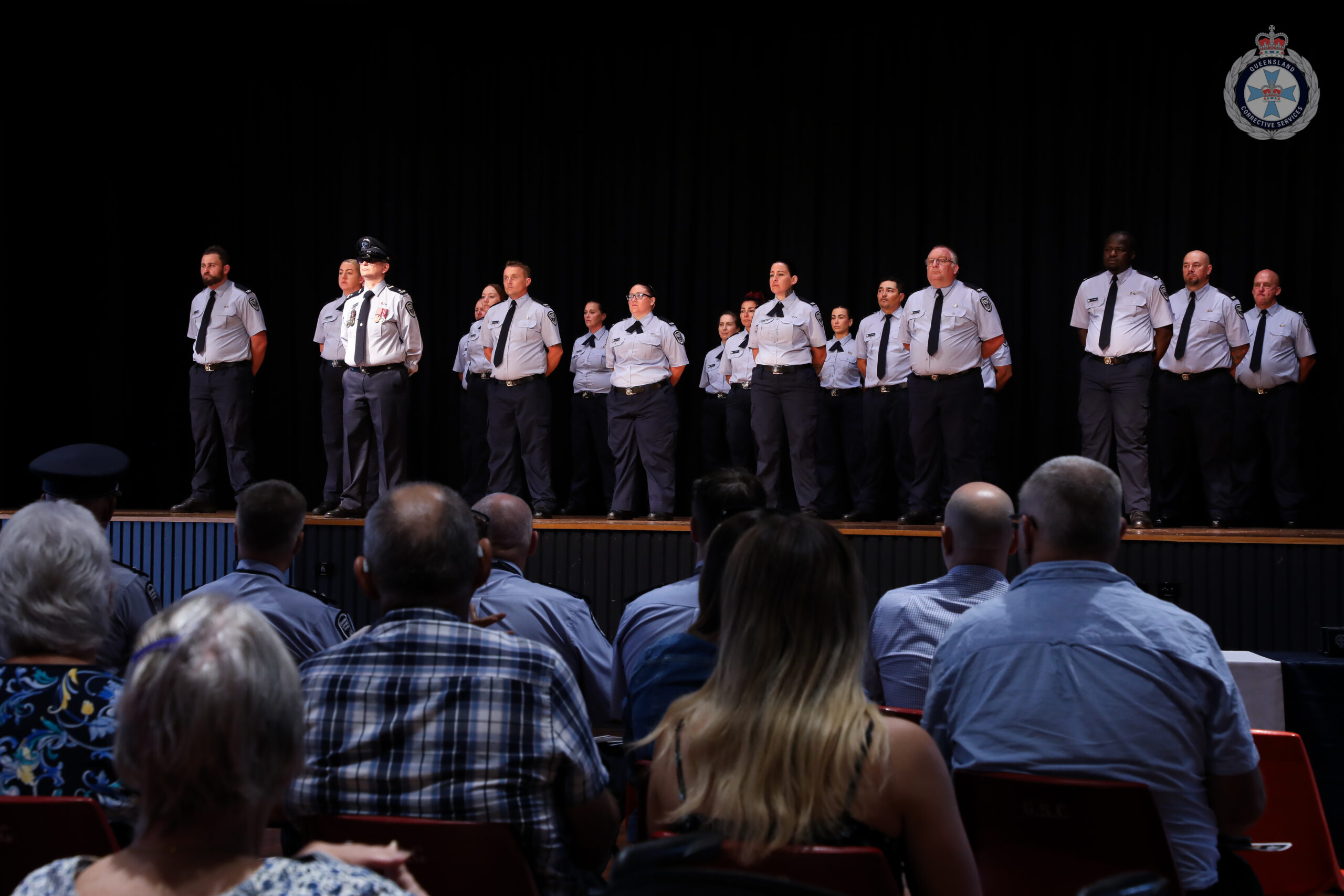
Generous donors are propelling next-gen research leaders at Flinders University.
The foresight of philanthropists is kickstarting nine innovative research projects in 2020-21, led by some of South Australia’s brightest minds.
One of them is Dr Joseph Fabian, from the Flinders College of Medicine and Public Health, who uses ‘large’ insect brains to understand the variability of neuronal signals.
The amazing flight and other sensory capabilities of hoverflies shows the power of their brain and nervous systems and can direct blue-sky research, he says.
“They have quite simple brains but can perform remarkably complex actions which would even challenge human sensory systems. They will help us answer questions about human problems.”
The investigations, each funded up to $10,000, will support vital studies in childhood cancer, acute care and stillbirth, as well as ‘new’ areas of science including neuronal signals of insect brains and the health benefits of urban green spaces.
“Thanks to the generosity of a wide range of donors, the Flinders University Impact seed funding grants will not only lead to research innovations that address important problems, but also provide a huge stimulus to bright and capable early career researchers,” says Deputy Vice-Chancellor (Research) Professor Robert Saint, whose office co-funds the early-career researcher program.
“I wish to acknowledge the support of our donors, and highlight how such community partnerships can, through innovative research encourage, have a positive impact on our shared future.”

The Flinders University Impact Seed Funding grants are:
Flinders College of Medicine and Public Health researcher Dr Joseph Fabian (pictured above) ‘Using insect brains to understand the variability of neuronal signals’ – This fundamental study will use an identified visual circuit in the hoverfly as a simple model to quantify neuronal responses during flight. The motion vision pathway of hoverfly nervous system will help to inform both neuroscience and human medicine.
Flinders researcher Dr Anya Arthurs (College of Medicine and Public Health) ‘Circular RNA induction of DNA damage; a mechanism for stillbirth?’ – Stillbirth occurs in placentae that are prematurely aged, exhibiting high levels of DNA damage. This work would provide evidence of the first mechanism contributing to rates of stillbirth, which have remained constant for several decades.
College of Medicine and Public Health Dr James McEvoy-May ‘Immunosuppression of acute respiratory inflammation by low-to-moderate dose ionizing radiation’ – This project aims to modulate the proinflammatory response during acute respiratory inflammation caused by diseases such as pneumonia or coronavirus by exposure to a low-to-moderate dose of X-ray ionising radiation.
Flinders Precision Medicine Group researcher Dr Ashley Hopkins ‘Advancing the precision use of medicines in lung cancer treatment: Informing the impacts of gut microbiota affecting medicines on clinical outcomes’ – The balance of a cancer patient’s gut bacteria can disrupt drug therapies. This study will collect data on the impact of non-cancer medicines on lung cancer treatment efficacy, aiding clinical decisions and improving patient outcomes.
Beat Cancer Early Career Research Fellow and Finders graduate (BMedSc ’13, BSc (Hons) ’13, PhD(Med) ’18) Dr Madelé van Dyk – ‘The Evaluation of Imatinib Pharmacokinetics and Precision Dosing Strategies in Children with Chronic Meyloid Leukemia and Acute Leukemia’ – This study will collect data on dosages and effectiveness of imatinib, a leukemia treatment used by children patients with leukemia. About one-third of these patients discontinue treatment with imatinib due to toxicity (overdosing) or treatment failure.

Flinders academic and graduate (MPsych(Clin) ’17) Dr Ryan Balzan (College of Education, Psychology and Social Work) ‘Can an online self-help metacognitive training program improve outcomes for individuals at-risk of developing an eating disorder?’ – This project aims to reduce the onset and harmful consequences of eating disorders by investigating the effectiveness of an online early-intervention metacognitive training (MCT) program for young people at risk of developing eating disorders.
Flinders academic and graduate (PhD(Med) ’13) Dr Claire Baldwin (College of Nursing and Health Sciences) ‘Recommendations for older adults’ physical activity and sedentary behaviour during hospitalisation for an acute medical illness: evidence review and grading’ – This project aims to develop a program to manage older adults’ physical activity and sedentary behaviour during hospitalisation for an acute medical illness.
Flinders academic Dr Martin Breed (College of Science and Engineering) ‘Investigating aerobiome exposure from urban green spaces to improve public health’ – This project aims to generate the evidence for policymakers and health and environment practitioners to make informed actions on how to restore health-promoting biodiversity in urban green spaces via exposure to airborne microbial communities – the aerobiome.
Flinders academic and graduate (BMedSC ’09, BSc(Hons) ’17, PhD(EnvHlth) ’15, GradDipEnvHlthP ’18) Dr Whiley Harriet ‘Hospital water as a source of antimicrobial resistant infections – The first pilot study in Australia to investigate the role of hospital water and plumbing surfaces as a source of antimicrobial resistant microbes. The findings will support control of water transmitted healthcare acquired infections.







